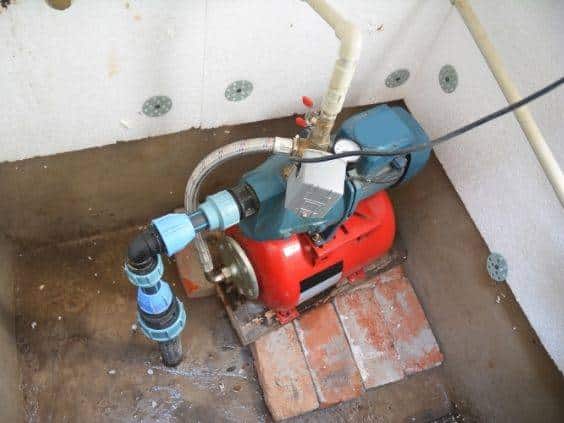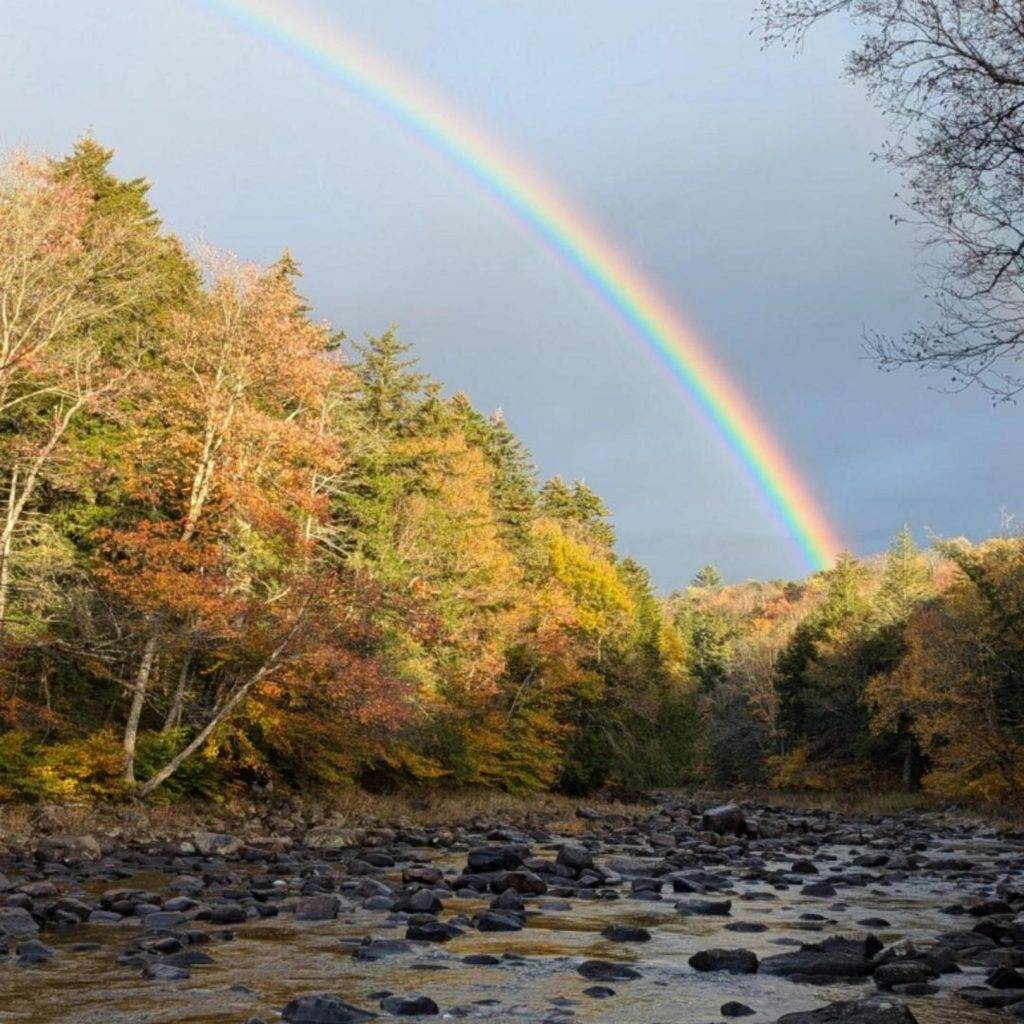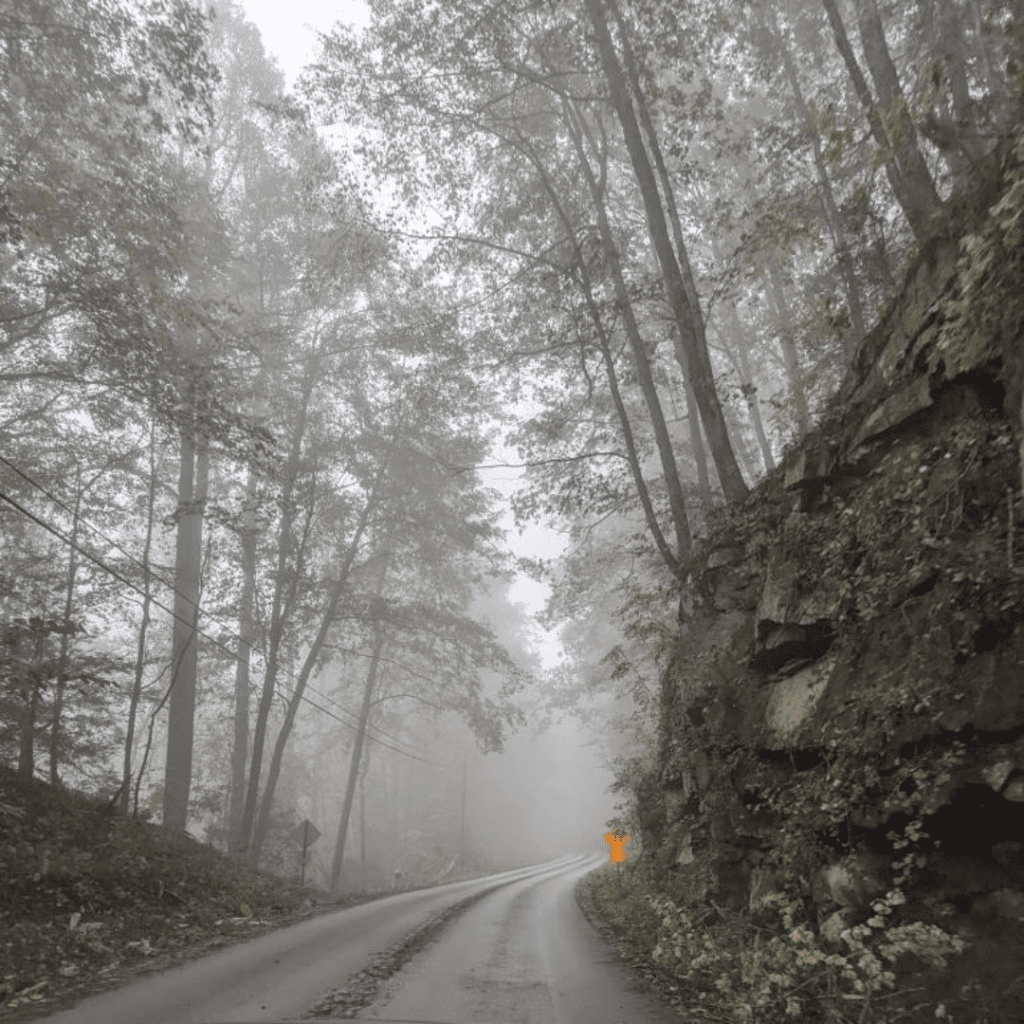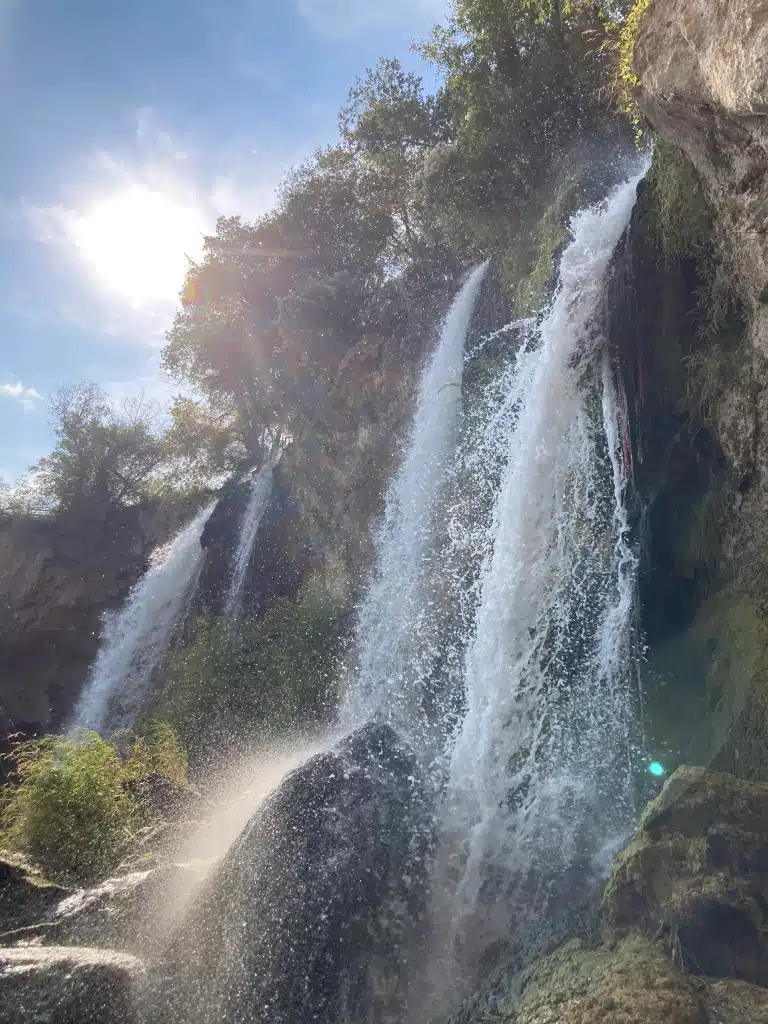Building a residential well is a rarely thought of feature that can add a lot to your property. Even so, many are anxious about the cost, construction, and overall time commitment in building one. Because of this, fewer and fewer people each year seek to add a well to their property. Misconceptions aside, creating a well can benefit your overall property. Here are four reasons why you should build a residential well.
Save Money
Building a well can save you money on your water bill. Because you do not have to rely on the city’s water, you can cut out the expensive water bills that invade your budget. Although there is an upfront cost in building the well itself, your savings from not having a water bill will overshadow the cost. This is especially true for larger households who use more water for showers and cooking. In these cases, building a well will save you money.
Reliable Water Supply
Along with saving you money, a well serves as an off-grid water supply. Even in times of drought or broken water mains, you will have a steady source of water to enjoy. Also, when you can access and monitor your own water supply, you know exactly where you use your water.
Cleaner Water
Because the ground provides natural filtration, your well water is cleaner than city water. Public water is often treated with additives to disinfect it, making its way into the water after filtration. This, plus the additives such as chlorine and fluoride that cities include in their purified water, should convince you to build a well.
Increased Property Value
Overall, a well is an investment in your property that can have surprising and welcome results: the most notable is increased property value. In today’s world, not many houses can guarantee clean, free, and reliable water that you can access at any time. This is a major draw to the potential house buyer and a huge win for your property.
Hopefully, you will consider placing a residential well on your property soon. When you consider it from all angles, there many reasons why you should build a residential well. We hope that this article has enabled you to gain confidence in your property and your future well!






















